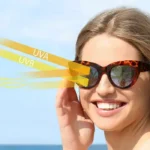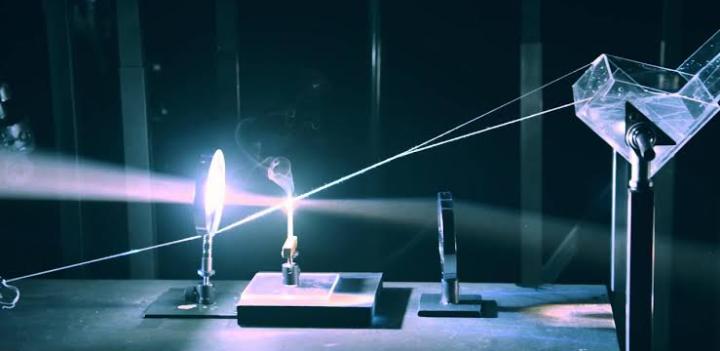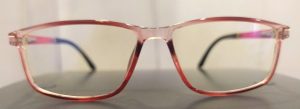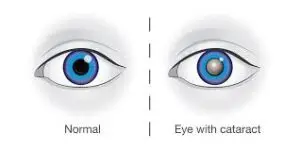When preparing for outdoor sports like running, cycling or water activities, you probably never skip your essential gear—shoes, helmet, gloves and sunscreen. But have you ever stopped to think about protecting your eyes from the sun’s harmful ultraviolet (UV) rays?
While sunscreen shields your skin, your eyes remain highly vulnerable to UV radiation whenever you step outside. Unlike a sunburn, UV damage to your eyes isn’t visible and builds up slowly over time. This gradual harm often shows no early symptoms, but it can cause serious
and permanent vision problems down the road.
The Hidden Dangers of UV Rays During Outdoor Activities
Outdoor sports expose your eyes to intense sunlight, including UVA and UVB rays. These invisible rays penetrate your eyes and can cause lasting damage. Whether you’re cycling along open roads, skiing down snowy slopes, running long distances or playing beach volleyball, your eyes face continuous UV stress. Here’s what UV exposure can do to your eyes
-Cause irritation, dryness and discomfort
-Lead to serious conditions like cataracts, macular degeneration and even permanent vision loss
Protecting your eyes isn’t just about comfort or style—it’s about safeguarding your vision for the future.
Why Athletes Are at Greater Risk
Athletes who train or compete outdoors face unique challenges when it comes to UV exposure:
-Longer Exposure Durations: Training sessions and events often last several hours, increasing cumulative UV exposure.
-Environmental Reflections: Surfaces like water, snow and sand reflect sunlight, intensifying UV rays.
-Additional Irritants: Wind, dust, and debris combine with UV radiation, increasing eye strain and injury risk.
This mix makes eye protection a vital part of any safe outdoor sports routine.
How to Effectively Protect Your Eyes Outdoors
Here are practical ways to shield your eyes from UV damage while staying active
1. Wear sunglasses with 100% UV protection. Anything less won’t fully protect your eyes.
2. Opt for wraparound or sport-specific frames. These block UV rays from all angles.
3. Choose polarized lenses. Polarization reduces glare, improving visibility and safety.
4. Replace scratched or worn lenses promptly. Damaged lenses compromise protection.
5.Consider protective sports goggles. Especially important in high-impact or bright environments.
The Essential Role of Your Eye Care Professional
Optometrists are key partners in preserving your eye health and ensuring proper UV protection:
-Professional advice: They can recommend the best UV-blocking eyewear tailored to your sport and lifestyle.
-Early detection: Optometrists spot subtle signs of UV damage before serious problems develop.
-Customized eyewear: Prescription sunglasses, impact-resistant goggles, and performance lenses can be provided.
-Education: They help you understand how to protect your eyes effectively.
Routine eye exams should be part of your overall health and fitness plan—just like physical checkups.
Final Thoughts: Make UV Eye Protection Part of Your Routine
For athletes, protecting your eyes from UV rays is as critical as staying hydrated or stretching before exercise. Think of UV-blocking eyewear as essential training gear—one that preserves your vision for years to come.
By choosing high-quality sunglasses or sports goggles and committing to regular eye exams, you can guard against long-term damage. Every time you train or compete outdoors, take a moment to protect your sight—because your eyes are irreplaceable.
Safeguard your vision today so you can keep performing at your best tomorrow.









